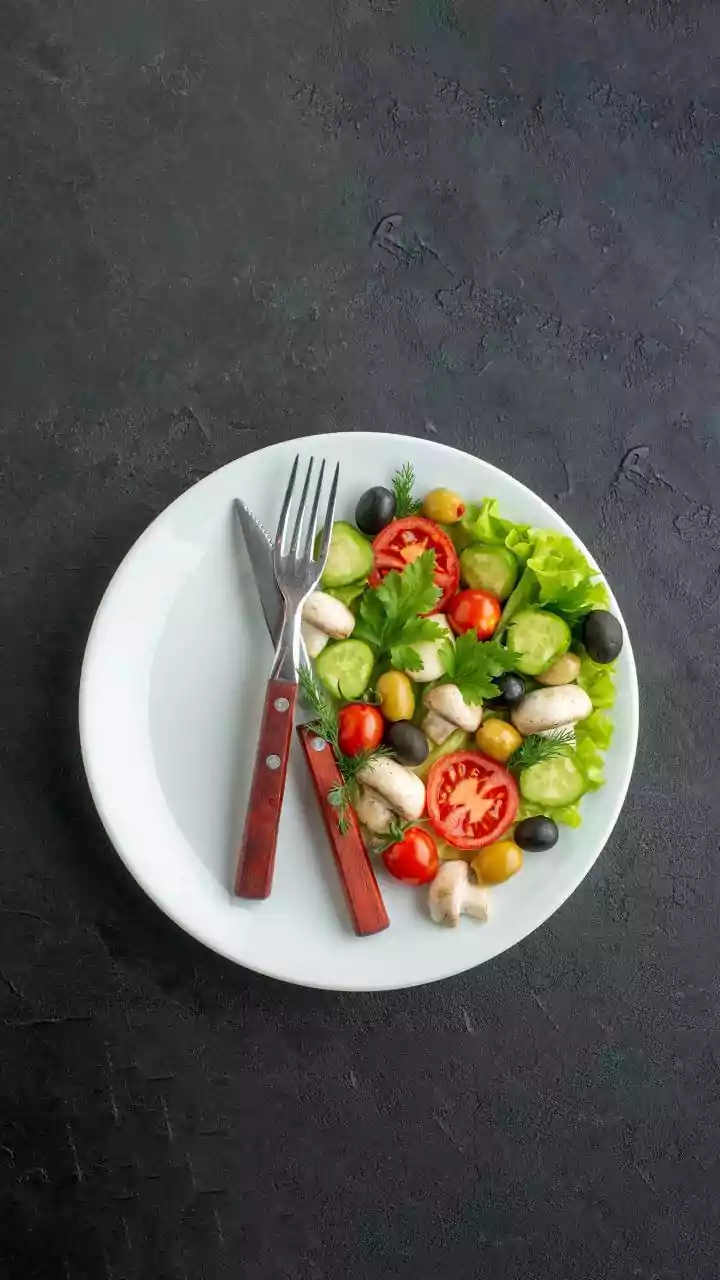Embracing Calorie Deficit
Weight loss isn't about magic; it's about understanding how your body works. The fundamental principle is a calorie deficit, meaning you consume fewer
calories than your body burns. This triggers your body to tap into stored fat for energy. However, simply starving yourself isn't the answer. A healthy calorie deficit is key. It ensures you still get the nutrients you need. The approach focuses on sustainable changes rather than drastic measures. This approach is more effective for long-term weight management. It's about finding a balance that supports your body's needs while promoting weight loss.
Food Choices Matter
Building a balanced diet is at the core of a successful weight loss journey. This involves choosing nutrient-dense foods that provide essential vitamins and minerals without excessive calories. Focus on incorporating plenty of fruits and vegetables into your meals. These are packed with vitamins, minerals, and fiber, which helps you feel full and satisfied. Include lean proteins like chicken, fish, or plant-based proteins such as lentils and beans. They are essential for muscle maintenance and promoting satiety. Whole grains such as brown rice and quinoa also offer sustained energy. They should be preferred over refined carbs. Be mindful of portion sizes to help regulate your calorie intake. Mindful eating is important. It aids in recognizing fullness cues.
The Role of Protein
Protein plays a critical role in weight management. It helps you feel fuller for longer. This reduces the likelihood of overeating. Protein also supports the maintenance and building of muscle mass. Muscle burns more calories than fat, which helps boost your metabolism. Incorporating protein into each meal is crucial. Good sources include lean meats, fish, eggs, dairy, and plant-based options like tofu and tempeh. Aim to spread your protein intake throughout the day. This helps your body effectively utilize it for muscle repair and growth. Adequate protein intake is a key component. This helps you maintain muscle mass during weight loss, contributing to a healthier body composition.
Hydration is Essential
Water is a vital element for overall health and weight loss. Drinking enough water helps your body function optimally. It supports various bodily processes. Water can also help you feel full, which reduces your calorie intake. Dehydration can sometimes be mistaken for hunger. Therefore, staying hydrated can prevent unnecessary snacking. Aim to drink water throughout the day. Carry a water bottle with you and sip on it regularly. You can also incorporate hydrating foods into your diet. Fruits like watermelon and cucumbers are high in water content. Drinking enough water is a simple yet powerful strategy. It contributes to your overall well-being and weight management goals.
Exercise for Balance
Combining a healthy diet with regular exercise is the most effective way to lose weight. Exercise helps burn calories. It also boosts your metabolism, which contributes to more efficient calorie burning. Incorporate a mix of cardiovascular exercises and strength training into your routine. Cardiovascular exercises such as running, swimming, or cycling burn calories. They also improve your heart health. Strength training, using weights or bodyweight exercises, builds muscle mass. It increases your metabolism. Aim for at least 150 minutes of moderate-intensity exercise or 75 minutes of vigorous-intensity exercise per week. Consistency is key. Find activities you enjoy. This will help you stick to your exercise plan.
Prioritize Sleep & Stress
Sleep and stress management play significant roles in weight loss and overall health. Lack of sleep can disrupt your hormones. This increases your appetite and cravings, particularly for unhealthy foods. Aim for 7-9 hours of quality sleep each night to regulate your hormones. High stress levels can also lead to overeating and hinder weight loss efforts. Find effective ways to manage stress. This can include relaxation techniques such as meditation or yoga. Make time for activities you enjoy, like spending time in nature or pursuing hobbies. Prioritizing sleep and stress management helps optimize your hormones. It also supports your metabolism, creating a favorable environment for weight loss. They contribute to a more balanced and sustainable approach.
Tracking Your Progress
Monitoring your progress helps you stay motivated and make adjustments. Keep track of your food intake. This can be done using food tracking apps or by journaling. Monitoring your calorie consumption and macronutrient intake can offer insight into your eating habits. Weigh yourself regularly, but don't obsess over the numbers. Weight fluctuations are normal. Focus on trends over time. Take measurements of your waist, hips, and other areas. This offers a more comprehensive view of your body composition changes. Review your progress regularly. Make necessary adjustments to your diet and exercise plan as needed. This ensures you're staying on track towards your goals. Celebrating your successes, big or small, reinforces positive habits.





















